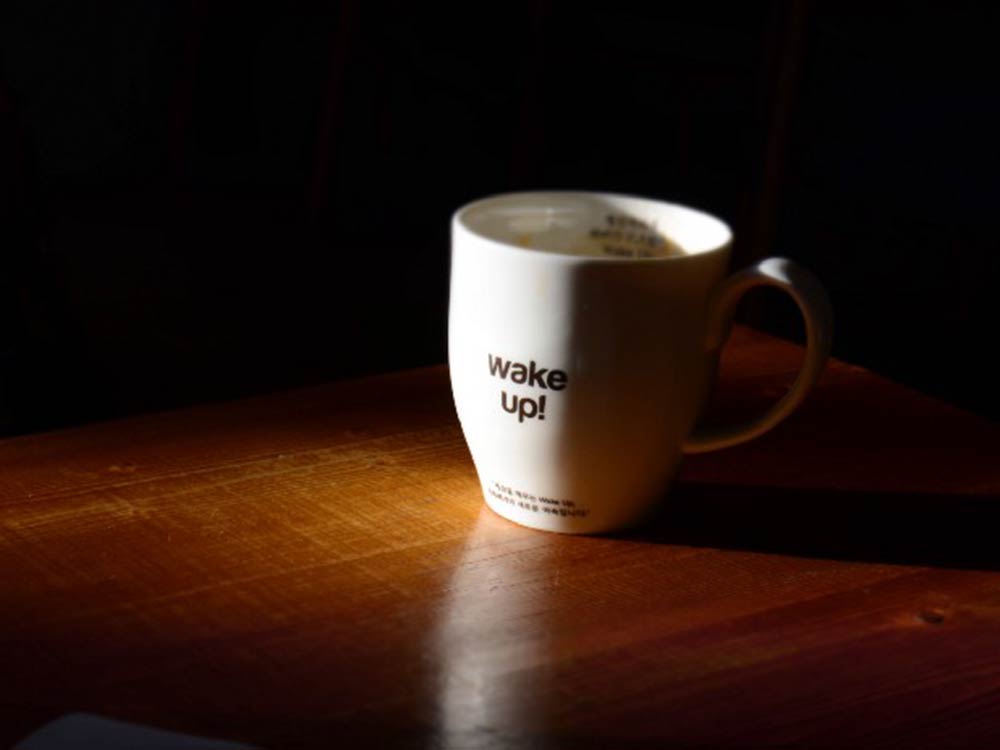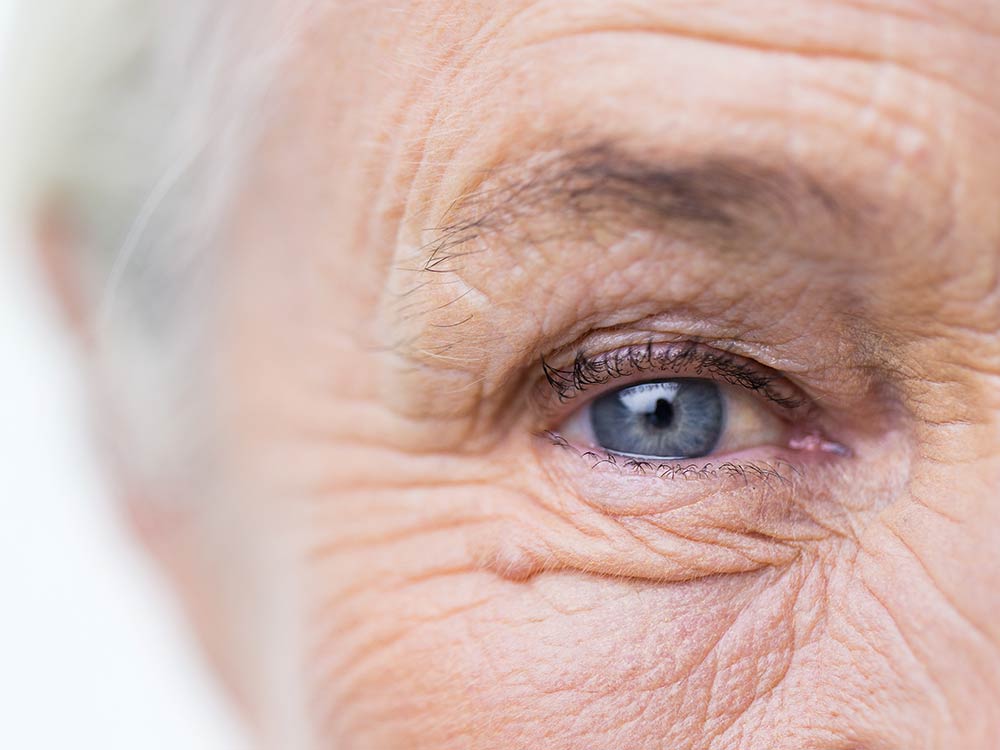Do you have trouble getting up in the morning? Do you keep hitting the snooze button until you finally have to drag yourself out of bed?
That was me all throughout university and medical training. It’s one of the reasons I became so interested in sleep science and became a sleep specialist.
The good news is that you don’t have to become a sleep specialist to make your mornings go more smoothly. Here are a few simple tricks can make it easier for you to get up and get going.
Here are 5 things you can do, before you even get out of bed, to help you wake up more easily
1. Don’t set your alarm clock for too early
This might sound counterintuitive — isn’t the point to get up earlier? Setting your alarm for too early disrupts those precious moments of REM sleep we get in the hourly hours of the morning. This will make you even more foggy and tired in the morning. If you’re one of those people who sets your alarm for one or two hours ahead of your required wake time, try this: allow yourself to sleep a little longer and set your alarm for a more reasonable time, within 15 minutes of the time you actually need to get up.
2. Let there be light
As soon as your alarm goes off, reach over to open up the blinds or curtains, or switch on the lights to full brightness. Think of bright light as nature’s alarm clock. A good dose of bright light in the morning will put a stop on your brain’s secretion of melatonin and help to reset your body clock (circadian rhythm). If you really want to get your circadian rhythm on track, do this at the same time every morning.
3. Sit up & stretch in bed
Stretching first thing will help get the blood flowing and wake up your muscles. If your body feels really heavy, simply sit up with your spine straight. Next, add on a stretch or two. Start by raising your arms over your head, reaching toward the ceiling. Then, stretch forward in a child’s pose while you’re still in bed. The act of sitting up and moving is another way to signal to your brain that it’s time to wake up and will help reset the circadian rhythm.
4. Listen to upbeat music
Many of us tend to grab our phones first thing in the morning and start scrolling through the news or emails. Not only would this make a person not want to get out of bed, it also sets the tone for the day by affecting motivation, stress levels, and mood. Listening to upbeat music helps to reduce blood pressure and levels of the stress hormone cortisol, and will give you a little boost of motivation to get up.
5. Drink water
Are you a member of the “don’t talk to me until I’ve had my coffee” tribe? Whether you tend to start your day with a cup of coffee or a green smoothie, I always recommend having a glass of water first. Approximately 60% of the body is composed of water and we need to stay hydrated to keep our organs functioning optimally. Overnight, we naturally become dehydrated, which contributes to feelings of fatigue and lethargy. Keep a bottle of water on your nightstand and enjoy a refreshing drink of water before you even get out of bed.
Want to learn more about sleep optimization? Click here to get my FREE sleep guide.





